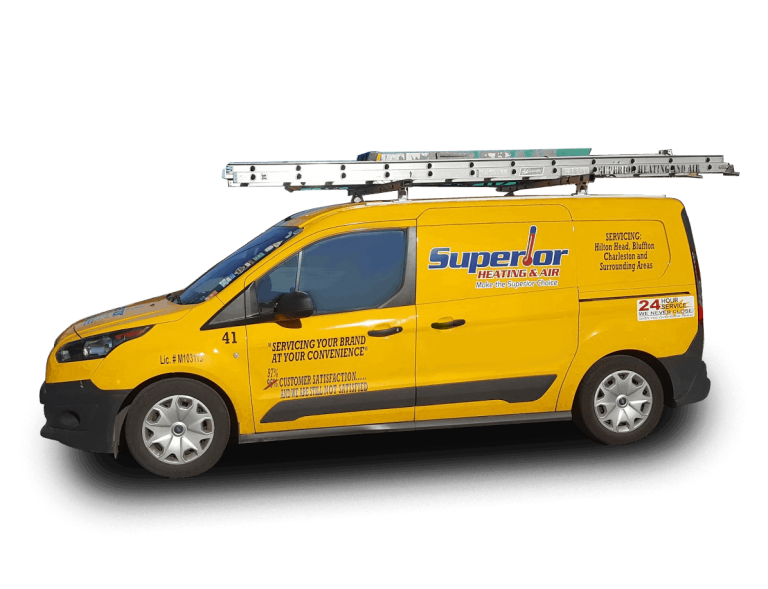Keeping your home comfortable throughout the year can get expensive, especially with the humid summers around Eatonton and the greater Atlanta area. If you forget to change your air filter regularly, it will drive up your heating and cooling costs. This problem is easily solvable. Discover how a dirty air filter consumes more energy, and how often you should change your filter.
Restricted Airflow
The most detrimental part of a clogged air filter is the restricted airflow through the system. To properly heat or cool your home, the system must pull in air, condition it, then push it back out.
A clogged air filter prevents adequate air from entering the system, which in turn reduces the air coming out. This turns into longer cycles as your system continues working to achieve the desired temperature. Obviously, longer cycles mean you’re expending more energy, thereby raising your energy bills.
Less Comfort
Less air moving through the system translates into less warm or cool air coming from the supply vents. This not only means that you have less heat or cool air to condition your home, it also means that it isn’t circulating throughout your home. Your system depends on the right volume of air moving into and out of your system to create an air pressure difference to cause circulation.
You may notice that you’re not as comfortable, and then adjust the thermostat to make it more comfortable. This only makes the system run longer cycles, and again raises your energy bills.
More System Strain
The airflow restrictions that clogged air filters cause add strain to the system as well. Beyond longer cycles, restricted airflow also causes components to wear more quickly. This happens because of excessive heat and added electrical resistance.
As some components wear, they consume more energy to get the electrical throughput needed to make the system work. This not only increases your energy bill but also the number of repairs you’ll have for your system.
How Often Should You Change Your Filter?
To keep your energy bills and the wear on your system down, your filters need routine replacing. How often it’ll need replacing depends on a few factors. First is the filter size, with the common 1- and 2-inch pleated filters needing replacing between every 30 and 90 days. Thicker filters may last longer.
However, your air quality and how you run your system will also play a factor. If you have poor air quality, your filters will clog more quickly. Likewise, if you leave your circulating fan on all the time, it will draw more air through the filter and require more frequent replacements.
Plan to check your filter every month to find how long yours will last. Once it gets visibly dirty, you should consider changing it. Help extend its service life and give it an efficiency boost by gently vacuuming off the loose dirt when you check it.
Changing your air filter regularly is the first step to keeping your HVAC system properly maintained. To further keep your energy bills in check, keep on top of your seasonal HVAC maintenance. Call Superior Heating & Air to schedule your AC or furnace maintenance with one of our expert technicians today.


